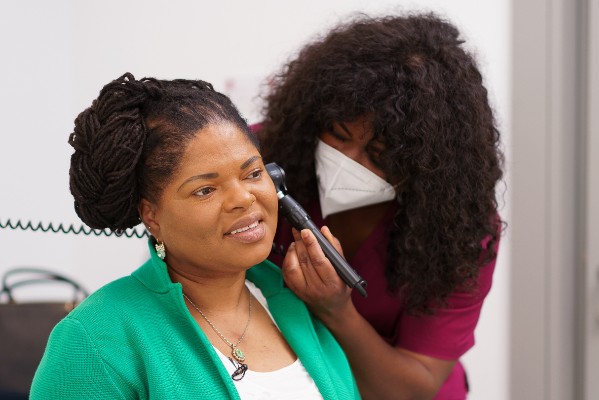
Hearing Loss
Hearing is the sense which helps us engage with the environment around us and communicate with others.
Despite its importance in everyday life, according to the World Health Organization (WHO), currently over 1.5 billion people are living with some form of hearing loss, with the number expected to rise to 2.5 billion by 2050.
Any sort of hearing loss at any age, if not addressed on time, could lead to adverse effects on your daily functions in life. Below you will find the risk factors of developing hearing impairment. It is important to be aware of these risk factors and to have your hearing checked if you are concerned that any apply to you.
Some risk factors for developing hearing loss are:



